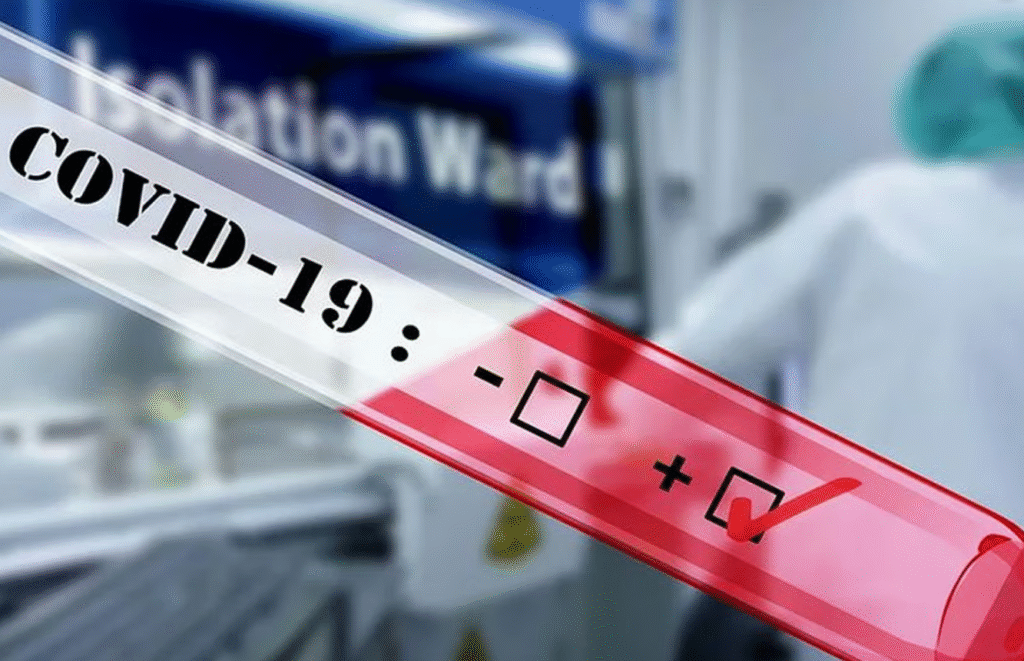A new wave of COVID-19 has emerged in parts of Asia, from Singapore and Hong Kong to Thailand, raising global alarms. This surge is mostly due to the spread of new Omicron sub-variants, such as JN.1 and its related descendants, prompting increased vigilance among health officials.

A fresh COVID-19 storm is brewing across Asia — and India might be next. As case soar in Singapore, Hong Kong, and China, Indian health experts are raising red flags. JN.1 is a stealthy, fast-spreading Omicron subvariant.With global travel accelerating viral spread, screening and possible quarantines may return.The good news? No alarming mutations.Experts stress genomic surveillance, booster shots for vulnerable groups,and public health vigilance as India’s best defense.
The infections in Singapore increased to over 14,000 in early May 2025, up from 11,100 cases in the last week of April. As per a report in News18, officials reported no evidence that the latest variants were more transmissible or severe than prior ones.
It is likely. Hong Kong’s Centre for Health Protection (CHP) says, “According to the surveillance data after the resumption of normalcy, there were two relatively active periods of COVID-19 in Hong Kong, which lasted for about 15 weeks from April to July 2023 and for about seven weeks from February to March last year. COVID-19 became more active in mid-April of this year (i.e. about four weeks ago).”
Singapore’s ministry of health says, “As with other endemic respiratory diseases, periodic COVID-19 waves are expected throughout the year.”
What About india#
New Delhi: As a fresh COVID-19 wave grips parts of Asia — from Singapore and Hong Kong to Thailand — health experts are sounding the alarm: Could India be the next hotspot?
The health authority added that LF.7 and NB.1.8 — both descendants of JN.1 variant that is used in new Covid-19 vaccines — were circulating in the country. These newer vaccines are unavailable in India.

The current situation is under control, but India remains at risk, says the expert. Global travel increases the risk of imported cases, the large population density facilitates faster spread, and immunity might be waning in some sections. “However, India has a strong vaccination base, and the healthcare system in the country is better prepared than in the earlier waves
Symptoms of JN.1#
JN.1 symptoms are comparable to those of other COVID-19 variants, such as sore throat, fever, runny or clogged nose, dry cough, exhaustion, headache, loss of taste or smell and others. In some situations, it might result in more severe fatigue and exhaustion. The majority of mild cases can be treated at home with basic care, but the severity is determined by a person’s health and immunity.
Precautions Should take to Reduce Covid-19 surge#
1. Wear masks in Public places.
2. Maintain Full Body hygiene
3. Avoid Un-Neccessary crowded spots
4. Take All vaccination
5. Eat healthy Food and Avoid Market Food to boost immunity